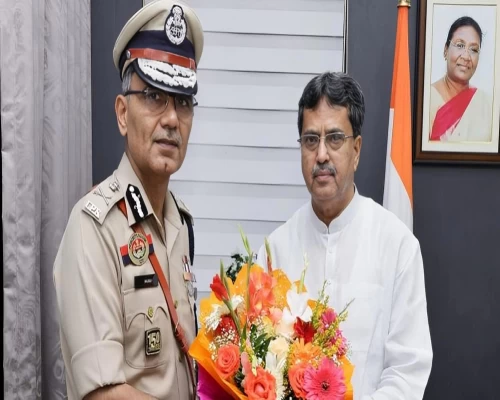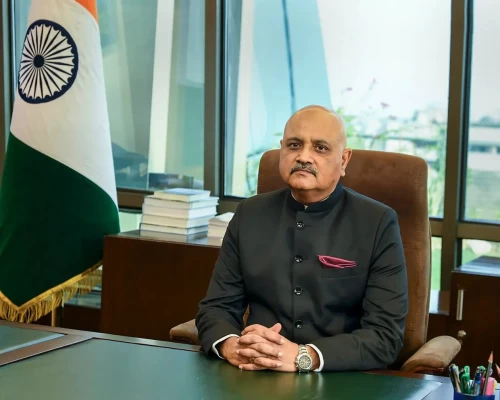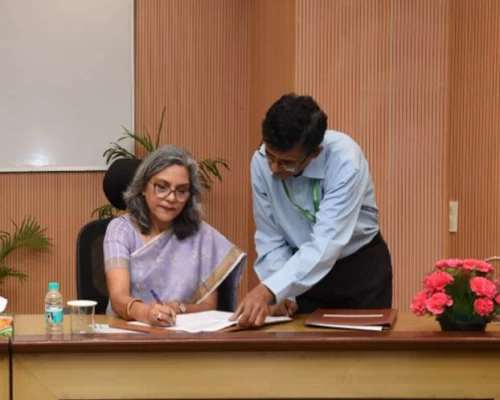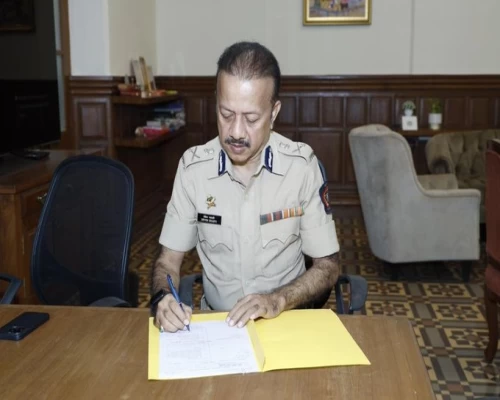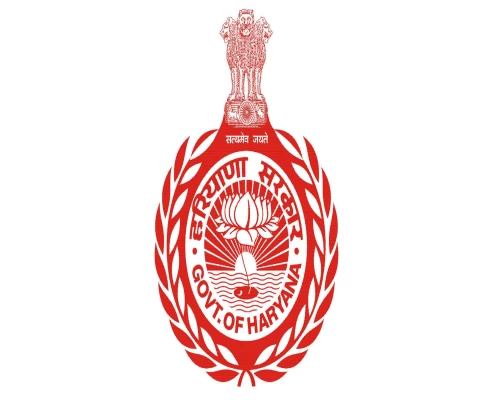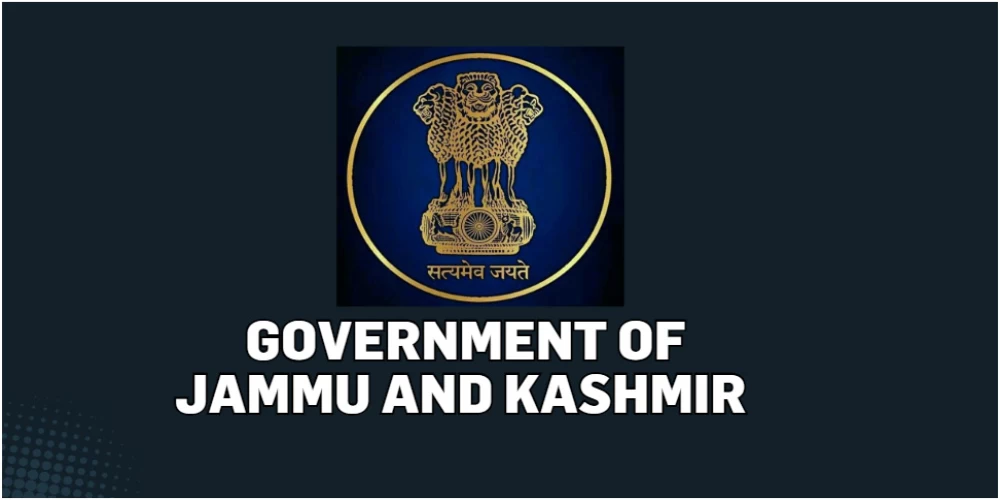
New Delhi: The Central Government and Jammu and Kashmir’s administration have taken strong steps to stabilize the region during a tense border situation with Pakistan. Facing a serious security crisis, they launched a major administrative change by sending experienced bureaucrats to manage the region’s challenges. The move comes after a deadly terror attack in Pahalgam on April 22, 2025, which sparked India’s Operation Sindoor and led to the worst Indo-Pak conflict since 1999.
On May 7, 2025, the Lieutenant Governor of Jammu and Kashmir appointed nine senior Indian Administrative Service (IAS) officers as district mentors to improve governance in border districts like Jammu, Samba, Kathua, Rajouri, Poonch, Bandipora, Baramulla, and Kupwara. Among them, Shaleen Kabra, a respected 1992-batch IAS officer and Financial Commissioner (Additional Chief Secretary) of the Jal Shakti Department, is a key leader guiding efforts in this troubled region. The names of the other eight mentors are not shared in official reports, showing the careful planning behind this move. These administrators work closely with security forces, strengthen local governance, and support communities hit hard by border clashes.
To further support these efforts, the Jammu and Kashmir government named Rohit Kansal, an experienced 1995-batch IAS officer, as its official spokesperson on May 9, 2025. Kansal, known for tackling tough challenges, is responsible for clear and timely communication with the public during this uncertain time. The appointments follow Operation Sindoor, launched to counter the Pahalgam attack that killed many and heightened tensions. These steps aim to restore calm and trust in a region facing chaos.
A ceasefire agreed on May 10, 2025, at 5:00 PM IST has brought some relief, but the situation remains fragile. Initial violations, including cross-border firing and drone intrusions in Akhnoor and RS Pura, occurred hours after the agreement, though calm returned by May 11, with markets reopening. On May 12, military officials from both nations held talks to strengthen the truce, and no new clashes have been reported. Residents, while hopeful, remain cautious, with local leaders like Chief Minister Omar Abdullah noting lives could have been saved with an earlier ceasefire. Given the risk of further conflict and the region’s history of unrest, the bureaucrats’ roles in managing governance and security remain vital, ensuring stability in Jammu and Kashmir during this ongoing regional conflict.
BI Bureau
Also Read



